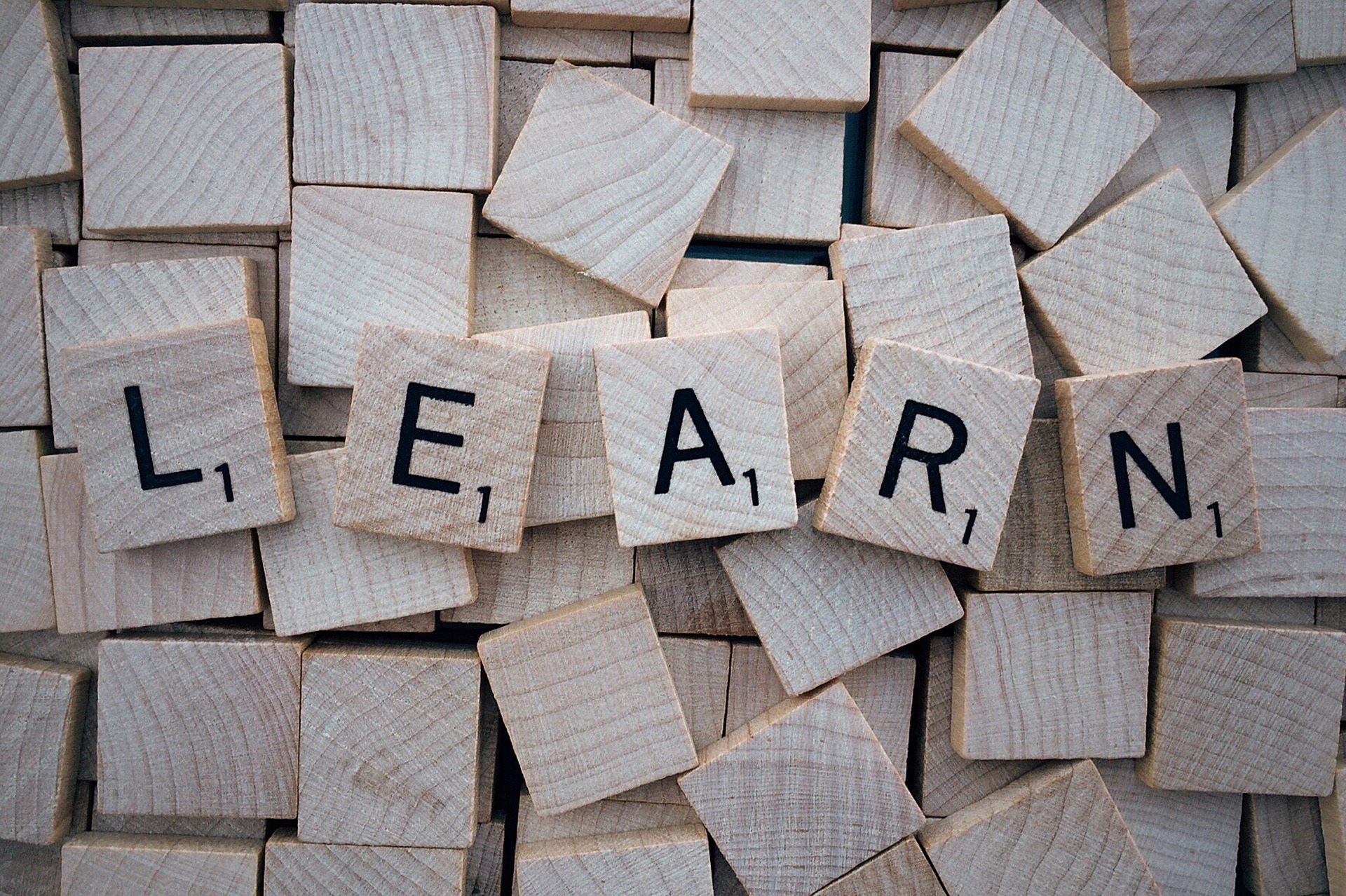Some learners underestimate the importance of vocabulary when it comes to learning a language. Are you one of them?
These are our top reasons why you should make expanding your vocabulary a priority right now.

Vocabulary is More than just Random Words
While vocabulary certainly includes single words, it is so much more than that! It also includes phrases or chunks of several words the same way that individual words do. Stick with me.
Think back to how you started learning your second language. Did you start your first class with a grammar lesson? Not likely. More likely is your teacher taught you a series of expressions in context which you then repeated and practiced with your classmates. Think, “Hi! How are you? My name is…”
The funny thing is, you probably didn’t realize this all counts as vocab. But, you sure memorized it the same way you would a new word. When you start learning a new language, memorizing lexical chunks is a crucial part of the process. When you don’t know anything, what you need are practical expressions to get you talking, not a full out grammar lesson. So, vocabulary is really the keystone of language learning.
It Helps You Express Yourself Better
Ever had one of those moments where you feel like you can’t say what you mean? We’ve all been there before. Maybe a work contact asked you a question which required a detailed response. Perhaps you were absorbed in a heated discussion with a friend. The exact situation doesn’t matter. What does matter is that at that moment, you felt limited by your lack of vocab or expressions specific to the situation. Obviously, it takes time to develop an extended vocabulary which covers a breadth of different topics but it’s not impossible. And, making a concerted time and effort is certainly worth the effort.
It Helps You Understand Others Better
I’m not sure what’s worse: not being able to express yourself or not being able to understand the person who is talking to you. It goes without saying, both are essential skills when it comes to good communication. And, expanding your vocabulary can help with both of these problems. Learning vocabulary and expressions relevant to your day to day situations at work and life, in general, can minimize misunderstandings and help you navigate these types of situations more easily.
(Image)
So, now you realize how important vocabulary is, it’s time to get learning! Read up on the best ways to improve your vocabulary that don’t involve reading the dictionary here. Having a tough time memorizing new words? Check out our past post on how to optimize learning new vocab here. Or maybe you’re looking to download an app to aid you on your vocabulary journey? Check out this post comparing the best flashcard apps for learning vocab.

